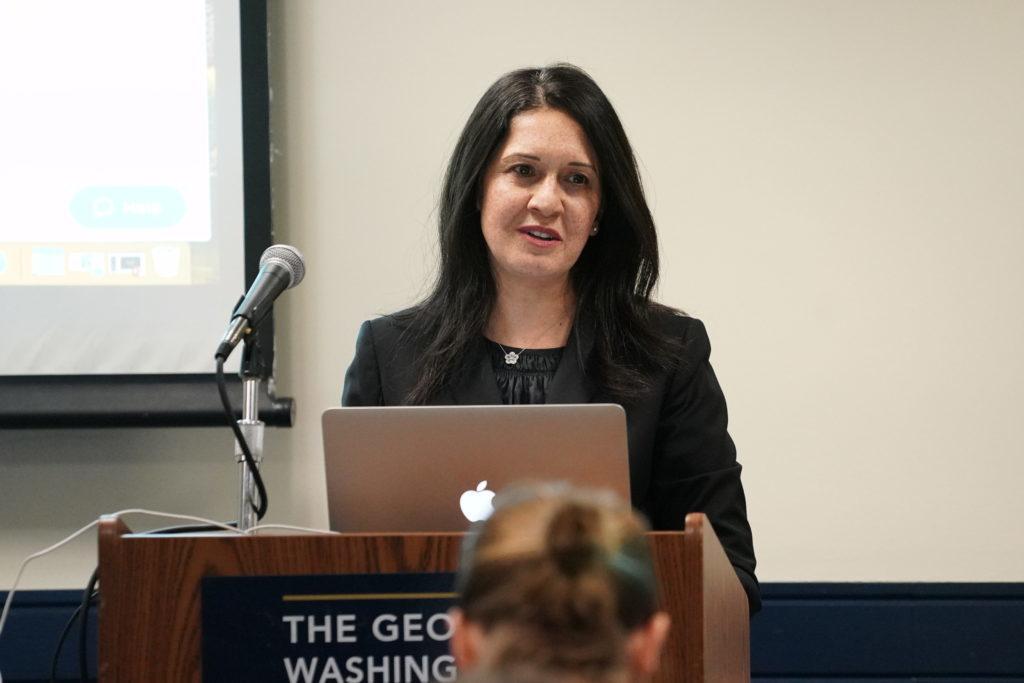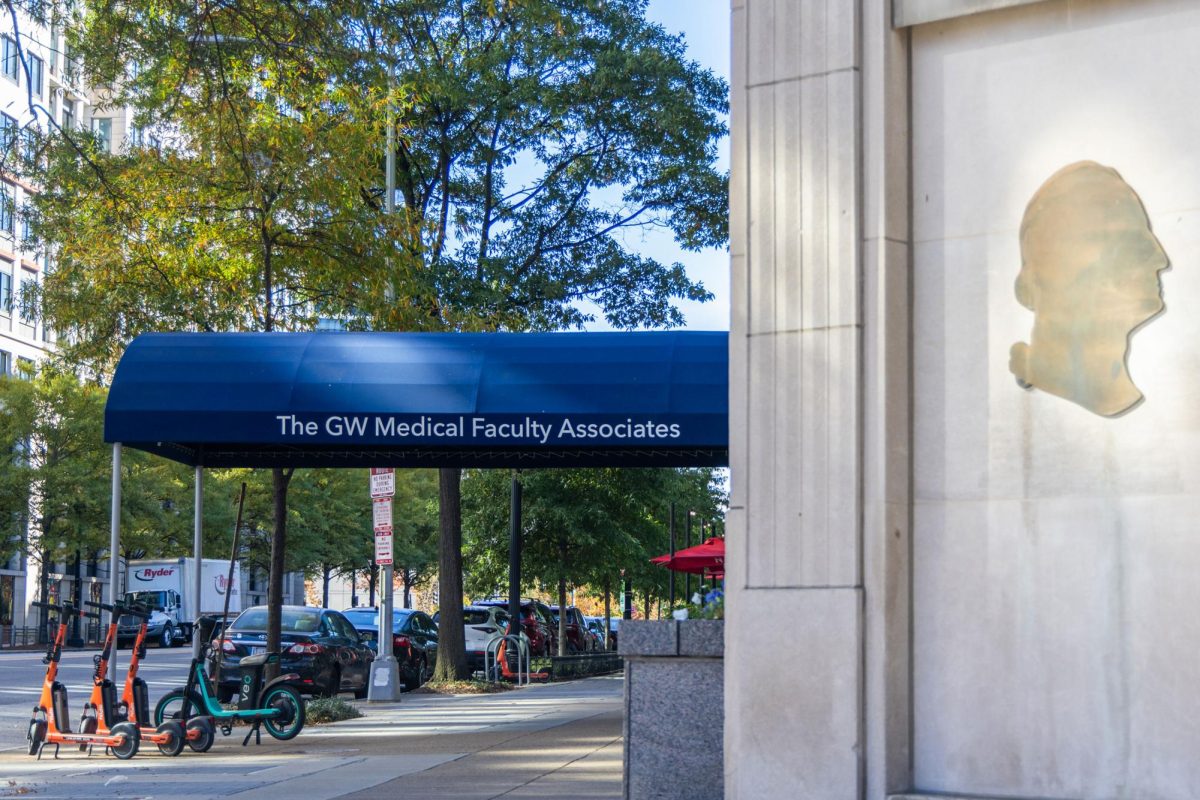Almost one year after administrators implemented a hiring freeze to offset the financial impacts of COVID-19, department chairs said they have struggled to offer enough classes without part-time faculty members.
Provost Brian Blake said he has still been approving certain hires during the freeze that officials had an “absolute need” for, but he won’t feel comfortable lifting the freeze until administrators have a better idea of the status of the fall semester. Department chairs said they often rely on part-time faculty members to teach lower-level courses and leave electives to full-time professors, but the hiring freeze has forced more full-time faculty into introductory courses, limiting elective offerings.
“We want to make sure that we don’t have to be put in a situation where we have to make additional or new extraordinary actions, which is, I think that’s the good news scenario here, that we did some heavy lifting last year,” Blake said. “But at this point, I think we’re in a pretty stable place going into next winter.”
Kavita Daiya, the director of the women’s, gender and sexuality studies program, said since her program only has five full-time faculty members and three regular part-time faculty members, they often depend on other part-time faculty members. She said department officials relied on courses cross-listed with other programs at GW and faculty from other departments to teach some WGSS courses to “add curricular diversity.”
Daiya said the WGSS program has seen “massive jumps” in enrollment in recent years – the incoming class of graduate students increased by 30 percent this academic year. She said she usually relies on “one to three” part-time faculty members each year to support all of the program’s students, but she was only able to get one part-time faculty member request approved this year.
“In spite of the hiring freeze, I was able to get approval for one part-time position because we had some gaps that needed to be filled,” she said. “I appreciate that the [Columbian College of Arts and Sciences] dean’s office is really working hard, and they’re doing their best despite the freeze.”
Daiya said the WGSS program faced a “critical gap” in its offerings on Black and Hispanic feminist and queer studies. She said she previously filled this gap by hiring part-time faculty members or requesting faculty members who specialize in these topics from other departments, but she can’t rely on those part-time faculty members this year because of the hiring freeze.
“I’ve been able to pull this off with the support and goodwill of a lot of people, but this is not right,” she said. “It should not be the case that Black feminist studies in a historically important women’s, gender, and sexuality studies program is getting taught in this ad hoc way. We should have tenure-line faculty who are integrated into the program.”
A group of faculty members launched a petition last week calling on officials to implement a cluster hire of underrepresented faculty members. Blake said at a Faculty Senate meeting last month that he is a “big fan” of cluster hires, but it would be “hard” to implement this year because of the uncertainty of the fall semester.
Tadeusz Zawidzki, the chair of the philosophy department, said officials have not approved new tenure-track or contract faculty hires for his department in “many years,” despite continuously high enrollment in graduate and undergraduate philosophy courses. His department has hired relatively less part-time faculty this year and had to delay hiring an administrator in the department, he said.
Zawidzki said his department has cut back on course sections this academic year, which has made it more difficult for philosophy majors to complete their upper-level course requirements.
“This has adversely affected our majors, in particular, since it’s hard to offer upper-level classes when the minimum required enrollments are raised to 15 per class and when the faculty who normally teach such classes must teach lower-level classes for which we can’t hire part-time instructors,” he said in an email.
Zawidzki said his department has grown class sizes this academic year at the expense of “very intimate, intense” proseminar courses, which are required to complete the philosophy major.
The philosophy department is offering two proseminar classes this semester, compared to the three proseminar classes offered last fall and last spring, according to the schedule of classes.
“This has made it harder to give our majors the experience they deserve and also has forced us to give some majors proseminar credit for other classes, since canceling one of our proseminars made it impossible to meet demand,” he said.
Maria Frawley, the chair of the English department, said “many” faculty and staff have retired from the department this academic year. Under a new “staff sharing” model implemented by Human Resource Management and Development, administrators were able to replace the staff member who retired with one who was already working at GW part time, but department officials have had to make changes to the program’s curriculum to accommodate the faculty retirements.
She said faculty have “streamlined” the English major this year to include fewer requirements, since there are fewer faculty members who can teach courses on a “breadth” of historical topics related to the program.
“We hope students have not been adversely affected in terms of fulfilling their requirements,” she said. “We put a lot of thought and consideration into our curricular redesign so that we felt good about the integrity of the major. That said, there is an inevitable sense of loss when one ponders the opportunities for course work no longer available to students because retiring faculty have not been replaced.”











